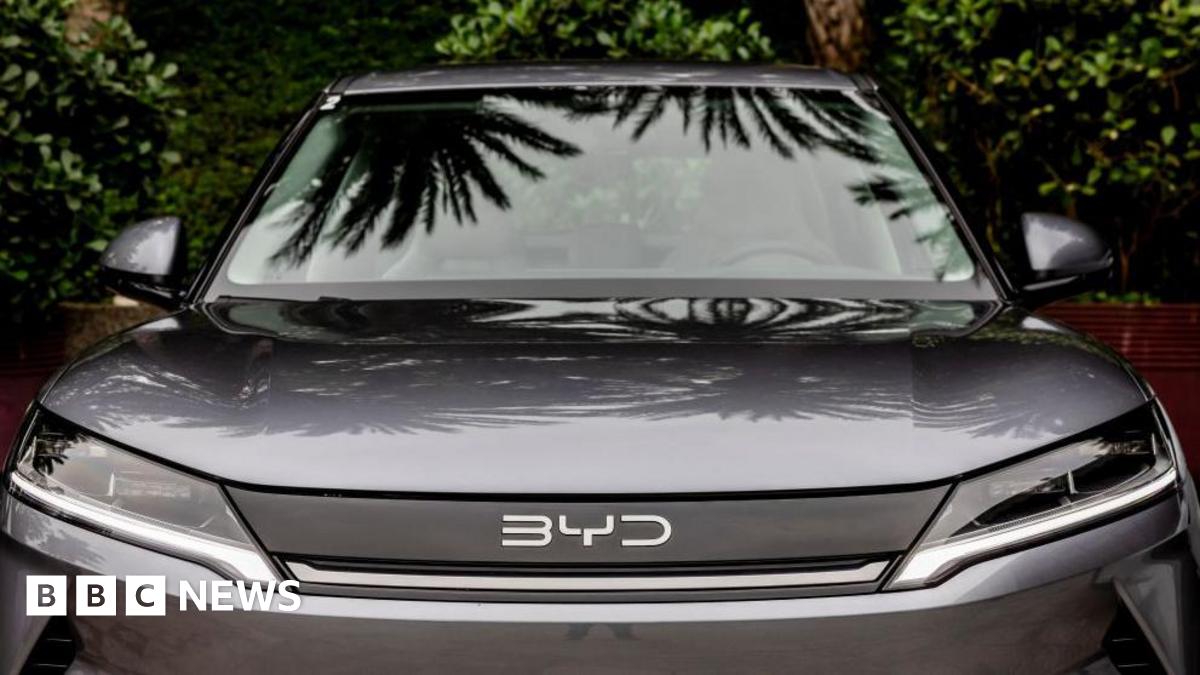This article is an onsite version of our Europe Express newsletter. Sign up here to get the newsletter sent straight to your inbox every weekday and Saturday morning
Every year, even a troubling one like 2023, brings good news as well as bad. Here below are my 10 choices of the year for news that shone some light amid the darkness.
In the universal spirit of Christmas, I have ranged a bit beyond politics and a bit beyond Europe. Let me know of any other events that may have stood out to you at tony.barber@ft.com. After the break, this newsletter will be back with you on Saturday January 6.
1. Poland’s parliamentary election in October is top of my list. It ended eight years of rightwing nationalist rule that corroded the rule of law in Poland and damaged relations with the EU and Germany in particular.
Naturally, a hard road lies ahead for Prime Minister Donald Tusk’s new government. But the election showed that, so long as a contest is free and fair, voters can and will toss out an illiberally minded government. What’s more, the transfer of power in Poland, though acrimonious, has been peaceful.
2. Second on my list is the Czech presidential election in January. The result set the tone for events in Poland nine months later: Petr Pavel, a political moderate, defeated Andrej Babiš, a populist former prime minister.
It was a relief to see the back of Miloš Zeman, who had served as Czech president for 10 years and raised concerns with his pro-Russian and pro-Chinese leanings. Taken together, the Czech and Polish election results indicate that illiberalism is by no means on the march throughout central Europe.
3. Next up, Italy. In 2019 Italy became the only G7 country to sign up for China’s Belt and Road Initiative, but this month Prime Minister Giorgia Meloni’s government formally withdrew from it.
Meloni, leader of the hard-right Brothers of Italy party, is also a firm supporter of Ukraine in its war of self-defence against Russia. She is determined that her government should adhere closely to the western alliance’s common foreign policy positions.
4. In the UK, Boris Johnson resigned as an MP in June after an inquiry found that he had misled parliament about parties at Downing Street during the pandemic.
The FT’s editorial summed it up better than I can: “Boris Johnson’s resignation from parliament is nothing other than a good day for British democracy. As prime minister, Johnson besmirched and subverted his own office, and other institutions he touched.”
5. Now we move outside Europe. In October, the brave Iranian human rights activist Narges Mohammadi was awarded the Nobel Peace Prize.
Mohammadi, who is in prison in Tehran, this month smuggled out a letter which stated: “Imprisonment, psychological torture, constant solitary confinement, sentence after sentence — that hasn’t and is not going to stop me.”
6. Time for some science. Astronomers announced in November that they had spotted the oldest black hole yet detected in the universe.
It is estimated to be more than 13bn years old, dating to about 470mn years after the Big Bang, the event thought to have started the universe. The discovery is a tribute to the good side of human scientific endeavour.
7. The launch of the Wegovy weight loss drug in European countries such as Denmark, Germany, Norway and the UK (it was approved in 2021 for use in the US) is, potentially, one of the great medical breakthroughs of the century so far.
The challenge for Novo Nordisk, the Danish pharmaceutical group that manufactures the drug, and other companies is to ensure widespread, affordable access to this kind of treatment.
8. In September, the International Union for Conservation of Nature published data showing that Africa’s white rhino population had increased in 2022 for the first time in a decade.
Because of poaching, the overall number of white and black rhinos in Africa remains perilously low — scarcely more than 23,000. But protection measures can be effective.
9. What about culture and entertainment? For me, the highlight of the year was the fourth and final series of Succession, the outstanding TV drama about the bickering Roy family and their global media conglomerate.
Jesse Armstrong, the show’s creator, and his cast maintained the highest standards up to the last.
10. Finally, on account of my personal interest in history, I round off my list with a truly remarkable feat of scholarship — the publication by Oxford University Press of a three-volume edition of the letters, writings and speeches of the 17th-century English statesman Oliver Cromwell.

I’m bending the rules because the books appeared in the US this year, but in the UK in late 2022. Nevertheless, this is, by some distance, the most authoritative, complete edition of Cromwell ever produced.
A happy Christmas to all, and see you in the new year!
Tony’s picks of the week
Tony Estanguet, the head of the Paris Olympics organising committee, says next year’s games in the French capital will be “a rare, magical moment”, the FT’s Leila Abboud and Sarah White report
British political parties are gearing up for a probable general election in 2024 — a Polish perspective from Przemysław Biskup for the Polish Institute of International Affairs
Recommended newsletters for you
Britain after Brexit — Keep up to date with the latest developments as the UK economy adjusts to life outside the EU. Sign up here
Working it — Discover the big ideas shaping today’s workplaces with a weekly newsletter from work & careers editor Isabel Berwick. Sign up here
Are you enjoying Europe Express? Sign up here to have it delivered straight to your inbox every workday at 7am CET and on Saturdays at noon CET. Do tell us what you think, we love to hear from you: europe.express@ft.com. Keep up with the latest European stories @FT Europe
Credit: Source link











